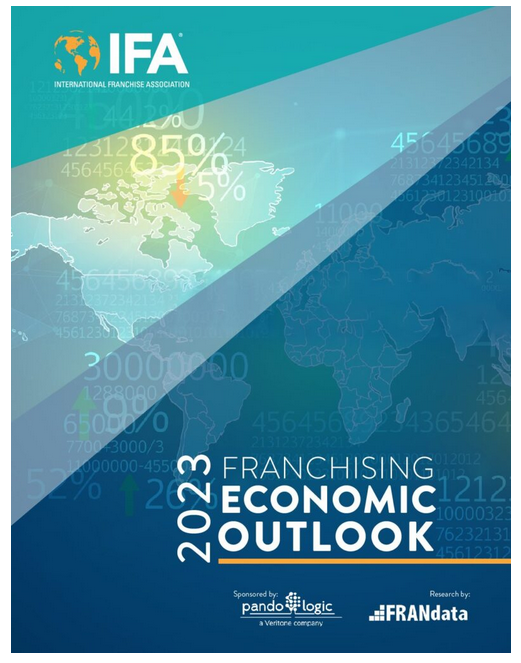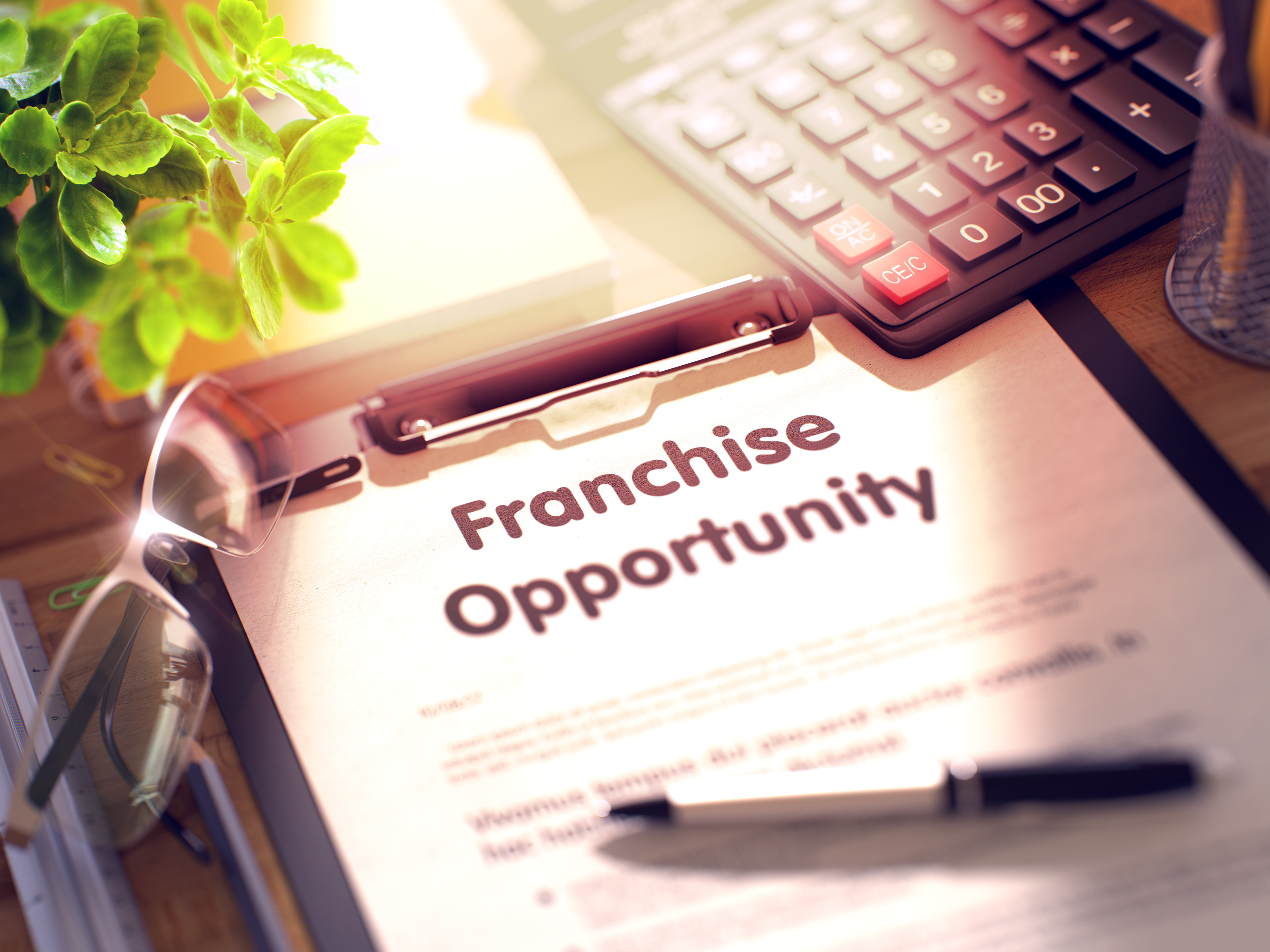
Pros and Cons of Private Equity
In the most recent edition of Multi-Unit Franchisee Magazine several franchisees are interviewed about their experiences regarding their experiences with private investors. We’ve summarized the article below for you, but be sure to follow the link to check out the full story!
Pros: For most franchisees the pros of working with private investors far outweigh the cons. Experience is the one of the top reasons that many turn to private investors, knowing that these companies aren’t jumping into the franchise relationship for the first time. They have knowledge that many first-time, or even second or third-time franchisees might not have and they can help their investees in that way.

Money is also a reason many turn to private investors. The opportunity to grow faster isn’t always available without the help of a private investor.
As for the downsides of working with investors in this way, some franchisees do cite the fact that you give up some control of your business. However, for most of them the opportunity to learn from their investors and grow is invaluable.
Finally, many say that it is important to find an investor whose values are aligned with yours. By doing this you can ensure that your relationship with your investors is one that can stand up to our fluctuating industry. Ready to find the right business? View all our current for sale business listings.
Read More
2023 IFA Franchise Economic Report
The International Franchise Association, in partnership with FRANdata, recently released its annual Franchising Economic Outlook Report. This 2023 report, which analyzes franchise performance over the previous year and forecasts the year ahead, predicts moderate growth for franchising this year. Despite current economic challenges over the last few years, franchising continues to grow, showing the power of the business model to help business owners navigate challenges ahead and continue driving economic growth.
In 2023, it is predicted that the number of franchise units will increase by 15,000 units, reaching 805,000 franchised businesses in the U.S. Franchising will add 254,000 jobs to the U.S. economy, employing approximately 8.7 million people in 2023, and generate $860.1 billion in economic output. Service-based industries and quick-service restaurants are expected to see the biggest growth among industries, with Texas, Illinois, and Florida as the top states for franchise growth.
Read more findings in the Franchise Economic report, including industry and state-by-state breakdowns here.
Read More

Considering Buying a Franchise?
Are you considering buying a franchise? If you’ve been asking yourself questions about becoming a business owner and buying a franchise of your own, good for you! When it comes to being a franchise owner consider the following thoughts.
Structure
1. You Prefer Structure & Order to Things: Franchises rely on a proven system for their success. They’ve worked hard to perfect a roadmap to help you, as a franchisee, succeed. So if you prefer a structured environment and order, owning a franchise and having a guide may be right for you.
Teamwork
2. You Think Teamwork Makes the Dream Work: Do you love working with a team? In the franchise world collaboration isn’t just appreciated, it’s practically expected. If you enjoy being part of a team then you should consider buying a franchise.
Listening
3. You’re Good at Active Listening: As a franchise owner you will hear much feedback. This will come from your employees, your customers, and others in your franchise group. The idea of active listening is to find a mutual solution for all involved. If you’re someone who enjoys feedback and can learn and build from that, then franchising may be a good fit for you.
Determination
4. You’re Not the Quitting Type: Running a franchise is not for the faint of heart. Even with a road map for success, the start of your franchise journey will be time consuming. There will be paperwork, marketing considerations, and more. But if you’re a determined person who loves a good challenge, the franchise world is waiting!
Repetition
5. You Appreciate the Simplicity of a Good Ham Sandwich: Are you the type of person that orders the same meal at a restaurant, simply because you know you’ll be satisfied with it? Well, franchising depends on that outlook. Franchises are successful partly because of their consistency and committment to quality products. Repetition is the “secret sauce” of any good franchise.
Support
6. You Have a Strong Support System: Starting a new business can be daunting. Having a support system is a lifesaver. You’ll have several, hopefully, in the form of not just other franchisees and your franchisor, but also in your family and friends. Running a business is hard. Make sure you’ve got people around you who love you and want to see you succeed.
Ready to see what’s available? Check out our current franchise resale listings.
Read More
